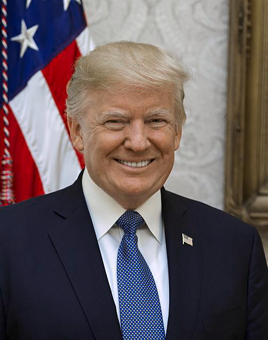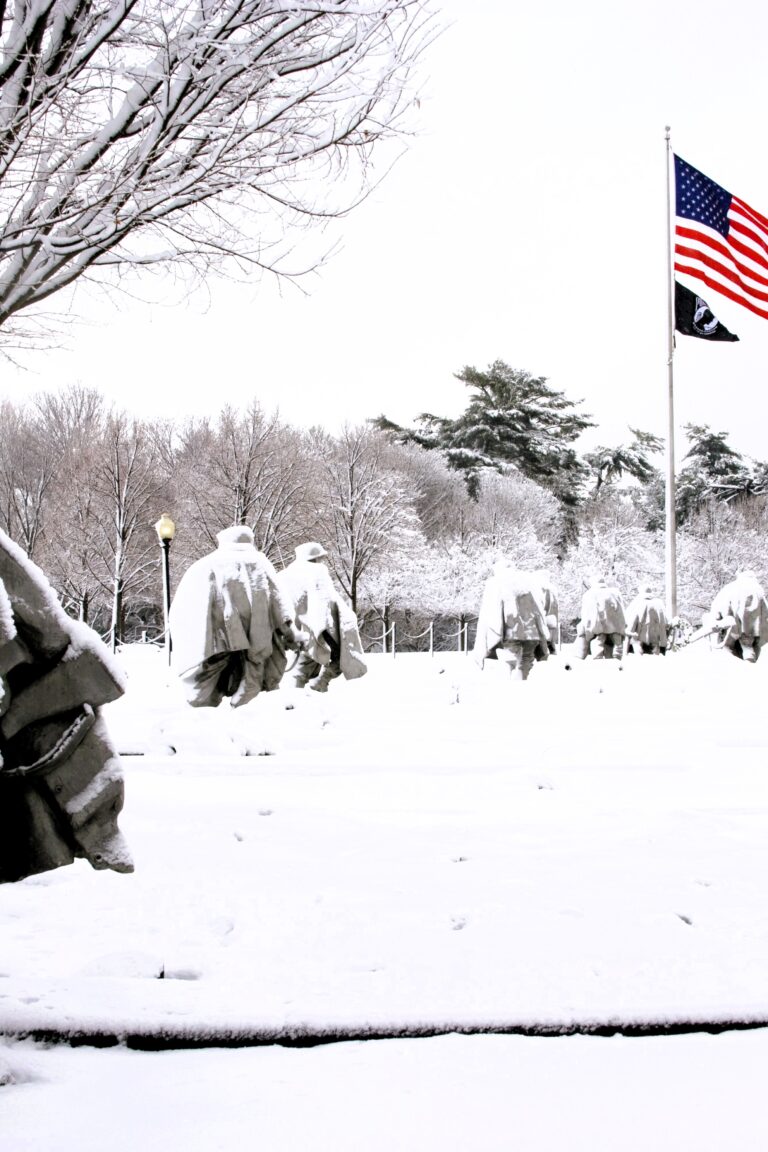Donald Trump:
Hush Money Case in New York:
Charges: Trump faces 34 felony charges of falsifying business records. https://mrpo.pk/donald-trumps-election-2024-victory/

Summary: The case involved a hush-money scheme during the 2016 presidential election. Trump’s former lawyer, Michael Cohen, paid $130,000 to the adult film star Stormy Daniels to quash her story about having an extramarital affair with the former president. Prosecutors accused Trump of illegally reimbursing Cohen for the hush-money payment by falsely classifying the transaction as legal expenses. The trial has begun on April 15, 2024.
Donald Trump’s hush money case in New York
- Verdict and Conviction:
- A New York jury found Donald Trump guilty on all 34 felony counts related to falsifying business records. This marks the first time a former U.S. president has been convicted of a crime1.
- The charges stemmed from a hush money payment made by Trump’s former lawyer, Michael Cohen, to adult film star Stormy Daniels just before the 2016 presidential election. Trump had pleaded not guilty to these counts2.
- Case Background:
- The trial took place in a Manhattan courtroom, where Trump had been on trial since April 15.
- The jury deliberated for 9½ hours before reaching its verdict.
- Trump faced penalties ranging from fines to up to four years in prison for each count. However, it’s expected that he would be sentenced concurrently, not consecutively2.
- Reaction and Sentencing:
- Trump reacted strongly to the verdict, calling it a “disgrace” and accusing the judge of bias.
- He will be sentenced on July 11, just four days before the Republican National Convention.
- Manhattan District Attorney Alvin Bragg emphasized that the trial followed the facts and the law without fear or favor, regardless of Trump’s status as a unique defendant2.
- Historic Significance:
- This case is historic because it involves a former president being held accountable for criminal actions.
- Trump’s conviction has implications for the legal system and sets a precedent for future cases involving high-profile figures3.
In summary, the Donald Trump hush money case represents a significant moment in legal history, as a former president faces the consequences of his actions in a court of law1. The conviction of Donald Trump on all 34 felony counts related to falsifying business records has significant implications for his political career:
- Legal Consequences:
- Trump’s conviction is a historic event because it marks the first time a former U.S. president has been found guilty of a crime.
- While the charges are related to hush money payments made by his former lawyer, Michael Cohen, the verdict reflects poorly on Trump’s judgment and ethics during his presidency.
- The legal consequences could include fines and up to four years in prison for each count.
- Public Perception:
- The conviction could further polarize public opinion about Trump. Supporters may view it as politically motivated, while critics see it as a long-overdue accountability measure.
- Some may argue that this verdict reinforces the idea that no one is above the law, even a former president.
- Impact on Future Political Ambitions:
- Trump has been a prominent figure in the Republican Party. His conviction may affect his ability to rally support for future political endeavors.
- If he intends to run for office again, the conviction could be used against him by opponents during campaigns.
- However, Trump’s base remains loyal, and his influence within the party persists.
- Party Dynamics:
- The Republican Party faces a dilemma. While some members distance themselves from Trump, others continue to align with him.
- The conviction could exacerbate divisions within the party, affecting its overall strategy and messaging.
- Historical Context:
- Trump’s legacy will now include this legal chapter. Historians will analyze how this conviction shapes perceptions of his presidency.
- It underscores the importance of transparency, accountability, and adherence to ethical standards for all public officials.
In summary, the conviction has both legal and political ramifications, and its impact on Trump’s career will unfold over time.
Trump’s legal team swiftly reacted to the guilty verdict, vowing to appeal the decision. Here are the key points:
- Appeal Plans:
- Todd Blanche, Trump’s lead defense attorney, stated that they would file an appeal “as soon as we can.”
- They expressed confidence in winning the appeal1.
- Timeline for Appeal:
- Deadline for Motions: Both parties have until June 13 to file motions related to the case. Trump’s team plans to challenge trial aspects they deem unfair.
- Sentencing: Trump’s sentencing is scheduled for July 11 at 10 a.m. ET. Before that, he will be interviewed by a probation officer for a presentence report.
- Notice of Appeal: After sentencing, Trump’s attorneys have 30 days to file a notice of appeal.
- Appeal Process: The appeal itself will likely take place after the November election. If unsuccessful, they can request higher courts to review the case1.
- Grounds for Appeal:
- Trump’s legal team is considering all options. They believe the case contains reversible errors, including issues with jury instructions and trial proceedings1.
In summary, Trump’s legal team remains determined to challenge the verdict through the appeals process. The outcome will shape the former president’s legal future1.
Trump’s legal team plans to appeal the verdict based on several specific aspects of the trial. While I don’t have access to their exact arguments, here are common grounds for appeal that they might consider:
- Jury Instructions:
- Trump’s attorneys could argue that the judge’s instructions to the jury were unclear or biased.
- If they believe the jury was not properly guided on legal standards, they may challenge the verdict.
- Evidence Admissibility:
- The defense might claim that certain evidence was improperly admitted during the trial.
- If they can demonstrate that crucial evidence was unfairly presented, it could impact the conviction.
- Witness Testimony:
- Trump’s legal team may challenge the credibility of witnesses, including Michael Cohen.
- If they find inconsistencies or issues with witness statements, they could use this as a basis for appeal.
- Prosecutorial Misconduct:
- Allegations of misconduct by the prosecution could be raised.
- If Trump’s lawyers believe that the prosecution acted improperly or prejudicially, they may appeal on these grounds.
- Sentencing Considerations:
- After sentencing, Trump’s team might argue that the punishment is excessive or unjust.
- They could present mitigating factors or argue for a more lenient sentence.
Remember that these are general possibilities, and Donald Trump’s legal team will tailor their arguments based on the specifics of this case. Appeals can be complex and involve legal nuances.
Legal experts have weighed in on the strength of Donald Trump’s potential appeals following his conviction on 34 counts of falsifying business records. Here are some insights:
- Todd Blanche’s Statement:
- Trump’s lawyer, Todd Blanche, expressed confidence in winning on appeal. He stated that the trial had been “unfair” for over a year.
- Blanche did not directly criticize Judge Juan Merchan’s proceedings but emphasized their intention to appeal1.
- Grounds for Appeal:
- Blanche is likely to argue the following on appeal:
- Notoriety: Trump’s high profile may have influenced the trial.
- Michael Cohen’s Credibility: Cohen, a key witness, could be challenged.
- Stormy Daniels’ Testimony: Irrelevant details from her testimony might have impacted the jury1.
- Blanche is likely to argue the following on appeal:
- Reversible Errors:
- Legal experts consider the case a “target-rich environment” for appeal. They believe there are reversible problems that could be raised during the appeals process2.
- These issues could relate to jury instructions, evidence admissibility, and other trial aspects.
- Appeals Timeline:
- Donald Trump’s attorneys have 30 days from sentencing (scheduled for July 11) to file a notice of appeal.
- The appeal process could extend beyond the November election3.
- Judges for the Appeal:
- The appeal will likely go to New York’s Appellate Division, First Department.
- A randomly selected panel of justices from this department will hear the appeal4.
In summary, while Trump’s legal team remains optimistic, the outcome of the appeal will depend on legal arguments, judicial decisions, and the specifics of the case.
The masses’ reactions to Donald Trump’s conviction on all 34 felony counts have been diverse and passionate.
- Supporters and Critics:
- Joy and Outrage: People across the country tuned in live to watch the decision. Some cheered the verdict, believing justice was served. Others expressed outrage, echoing Trump’s claims that it was a perversion of justice1.
- Biden-Harris Campaign: The Biden-Harris campaign applauded the unanimous verdict, emphasizing that “no one is above the law.” They urged the public to vote for Biden in the upcoming November 2024 election2.
- White House: The White House Counsel’s Office simply stated, “We respect the rule of law and have no additional comment”2.
- Late-Night Comedian’s Parody:
- Political Figures:
- Speaker of the House Mike Johnson called it a “shameful day in American history.” He criticized the conviction as a purely political exercise and accused Democrats of weaponizing the justice system1.
- Senate Republican Leader Mitch McConnell echoed similar sentiments, emphasizing that Trump would rightfully appeal the verdict and win1.
- Swing State Voters:
- Swing state voters expressed a mixture of surprise, joy, anger, indifference, and expletives. Some saw justice served, while others viewed it as a political maneuver3.
In summary, the reactions span a wide spectrum, reflecting the intense polarization around this historic conviction.
The international reactions to Donald Trump’s conviction on all 34 felony counts have been diverse and intriguing. Here are some notable responses:
- Kremlin Spokesman Dmitry Peskov:
- Peskov commented on the elimination of political rivals, both legally and illegally. He implied that Trump’s conviction was part of a broader pattern1.
- Hungarian Prime Minister Viktor Orban:
- Orban expressed support for Trump, calling him a man of honor who always put America first. He encouraged people to make their verdict known in the upcoming November elections1.
- British Opposition Labour Party Leader Keir Starmer:
- Starmer acknowledged the court’s decision and respected the process. He emphasized the special relationship between the U.S. and the UK, despite the unprecedented situation1.
- Nigel Farage, Leading Brexit Campaigner in Britain:
- Farage criticized the verdict, calling it a disgrace. He predicted that Trump would ultimately emerge victorious1.
- Matteo Salvini, Italy’s Deputy Prime Minister and Head of the League Party:
- Salvini expressed solidarity and full support for Trump. He characterized the trial as political harassment and hoped for Trump’s victory, believing it would bring balance and hope for world peace1.
- Yorhimasa Hayashi, Chief Cabinet Secretary of Japan:
- The Japanese government refrained from commenting on judicial procedures in other countries. They closely monitored developments without presuming an impact on the U.S. presidential election1.
- Mel Stride, Britain’s Work and Pensions Secretary:
- Stride adhered to the convention of not interfering in overseas elections. He avoided commenting on the U.S. general election, respecting the boundaries of diplomatic norms1.
In summary, the global response reflects the significance of Trump’s conviction and its implications beyond U.S. borders.
If you enjoyed this article, please like and share it with your friends, and don’t forget to subscribe for more great content!

